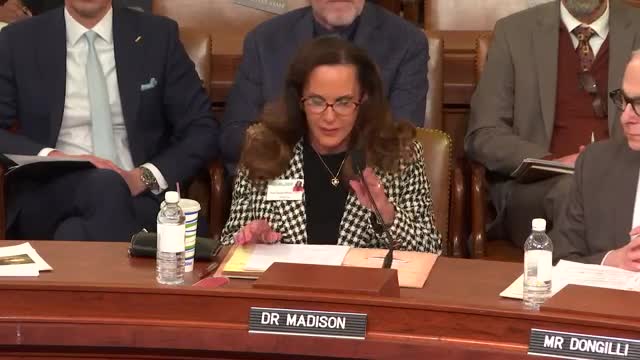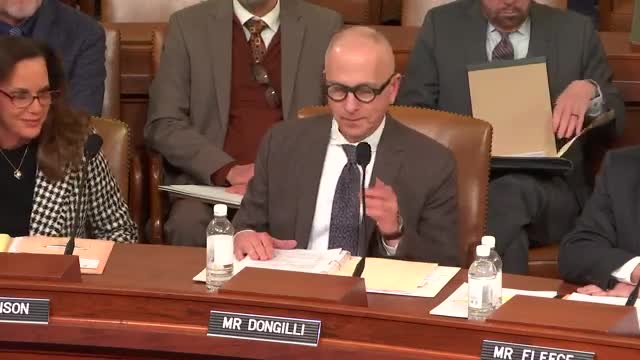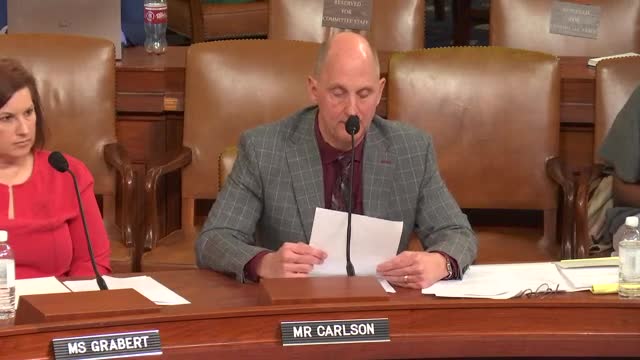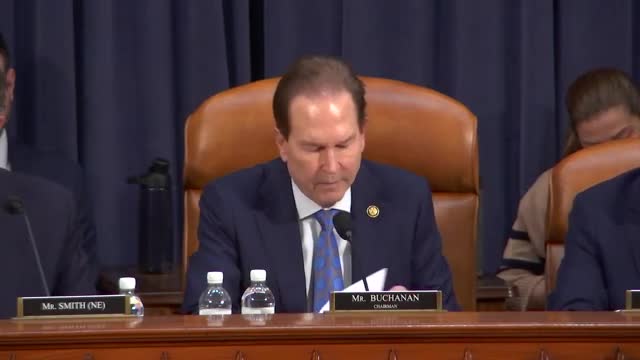Article not found
This article is no longer available. But don't worry—we've gathered other articles that discuss the same topic.

Home‑health and Hospice Leaders Urge Payment Fixes, Wider Use of Telehealth to Preserve Rural Access

Long‑term Acute Care Hospitals Cite Prior Authorization, Payment Rules for Shrinking Access

Advocates and Members Urge Retention of CMS Minimum Nursing‑home Staffing Standards

